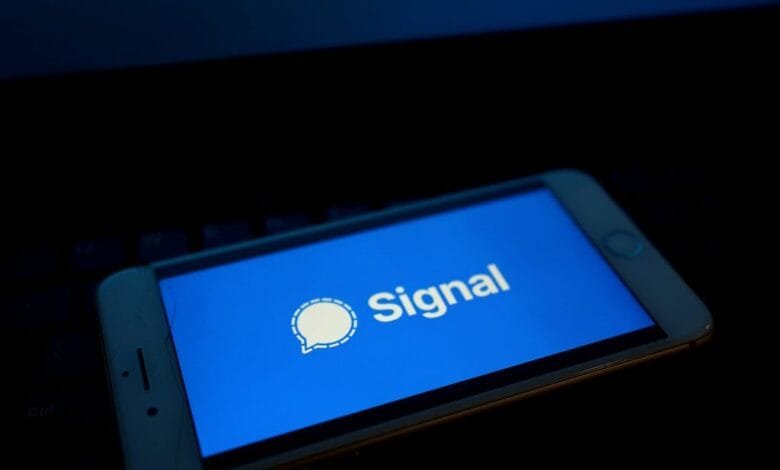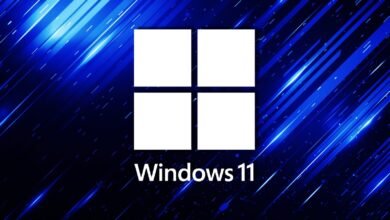Signal Blocks Windows Recall Over Microsoft’s Lack of Options

▼ Summary
– Signal Messenger is blocking Windows 11’s Recall AI tool from screenshotting its desktop app by default to protect user privacy.
– Users can manually enable screenshots in Signal’s settings if needed for accessibility or record-keeping purposes.
– Signal officials criticized Recall for risking privacy in secure apps, forcing them to implement extra protection.
– Recall initially stored unencrypted screenshots and data, lacked user controls, and was enabled by default, sparking backlash.
– Microsoft later reintroduced Recall as opt-in with encrypted storage and improved user controls after public criticism.
Signal has taken proactive measures to safeguard user privacy by blocking Windows 11’s Recall feature from capturing its desktop app by default. The encrypted messaging platform cites concerns that Microsoft’s AI-powered tool, which takes periodic screenshots of user activity, could compromise sensitive conversations. While Recall has undergone significant revisions since its controversial debut, Signal maintains that the changes don’t fully address risks to privacy-focused applications.
Windows users running Signal Desktop will now find the app automatically protected against Recall’s screenshot functionality. Those who need to allow captures—whether for accessibility needs or personal record-keeping—must manually adjust their settings. Signal emphasized that this decision stems from Microsoft’s failure to provide adequate safeguards for secure messaging platforms within Recall’s framework.
When Recall first launched in mid-2024, it sparked immediate backlash from cybersecurity experts. The initial version operated by default, stored unencrypted snapshots and text recognition data, and lacked precise controls over what content it collected. Following widespread criticism, Microsoft temporarily withdrew the feature before reintroducing it with substantial modifications.
The updated Recall now requires explicit user consent, encrypts stored data, and offers more granular management options. Despite these improvements, Signal argues the feature still poses unnecessary risks to applications designed with stringent privacy protections in mind. The messaging service’s move highlights ongoing tensions between system-level AI tools and third-party developers prioritizing user confidentiality.
While Microsoft has addressed some of Recall’s most glaring security shortcomings, the debate continues over whether such pervasive monitoring tools can coexist with applications built on zero-trust principles. Signal’s default blocking stance reflects its commitment to maintaining its security standards, even at the cost of certain Windows integrations.
(Source: Ars Technica)





